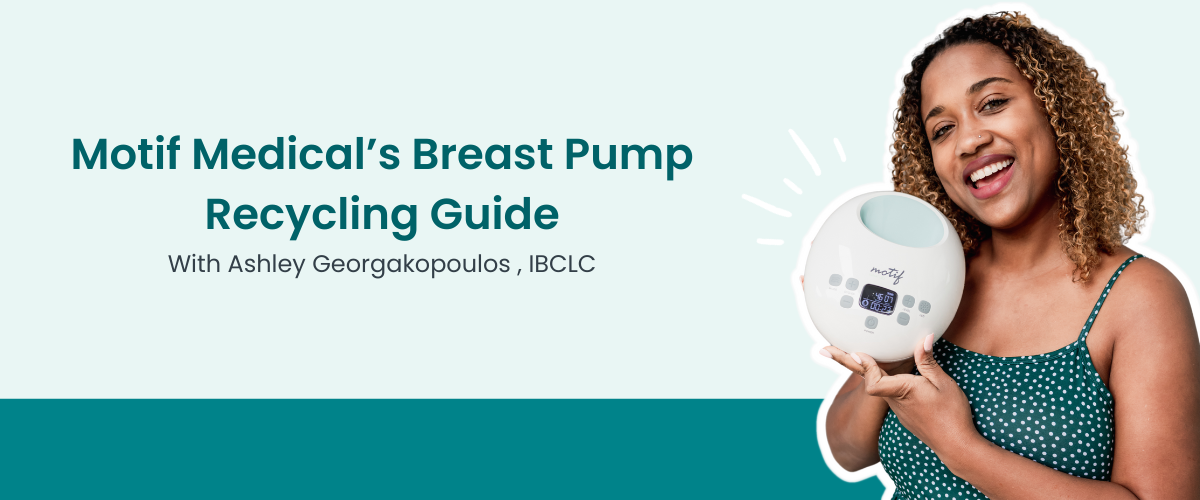5 Things Your LC Wants You to Know
As an individual lactation consultant outside of a hospital setting, I get the privilege of following the journeys of many mothers with breastfeeding. I have often been asked, “What do you think is the most common problem?” or “What’s something you think I should know ?” This what I’ve come up with:
1. It really IS helpful to take a breastfeeding class.

To learn as you go is not the best idea. Sleep deprivation and the urgency from everyone to have your baby gain weight will be overwhelming enough, especially if you’re starting from scratch. Learn about normal infant behavior, how often a breastfed baby ACTUALLY eats, how to know when they’re hungry or full, what makes a comfortable latch, bottle feeding, incorporating pumping and hand expression, and more, BEFORE the baby is born. It may help avoid some obstacles, too!
2. Almost all obstacles have a solution.
There is a multitude of information at our fingertips, including misinformation and well-meaning advice floating around- but please remember that everyone is different, including individual factors that may not be accounted for, and no one knows breastfeeding like a lactation professional. Don’t wait too long to seek one out to overcome doubts, questions and troubles with breastfeeding.
3. Don’t feel bad asking for help.

“I’m the one they call when things go wrong…” - Mr. Bubbles (Lilo and Stitch).
This quote is always in my head when I set off for a home visit. It makes me smile. So many act sheepish for not breastfeeding easily and without issue. I’ve even had some say, “Lets show off for her!” as in, they’re embarrassed if they’re not feeding well with me there. There is no reason to feel that pressure with a lactation consultant. As much as we love good news and success stories, I get the call when moms are struggling. Guess what? I struggled with breastfeeding at first, too. I come to you with experience and tools to troubleshoot. We are in this together.
4. The most common problem? Lack of support.
Support can look like many things. It can be the education and troubleshooting an LC provides, but it can also be the quality of care and the appropriate handling of a breastfeeding mother at birth from the Labor and Delivery staff. Support can be not telling a mom to supplement right away because she is “having such a hard time,” but rather ask the mother what SHE thinks could help. Support can be education and tools to equip the mother, who may not have the most understanding family dynamic. Support can be a referral from a pediatrician to see an LC, or perhaps provide a weighted feed to give mom some reassurance that she is providing enough food for her baby. It could be providing the mother with dinner, but also performing a chore that takes her mind off of housekeeping. Support can look like an employer and coworkers being not only compliant to pumping laws, but actively supportive and understanding throughout the process. Support can look like telling the mom that breastfeeding is hard work, but here she is doing her very best.
5. We care about the mother as much as the baby.
We aren’t there to judge, boss or scold you. A good LC has both your baby and YOUR best interest in mind when helping you form a care plan of action. Your personal health, physically and mentally, plays a vital role in your ability to breastfeed your baby. Your goals, reasons, emotions, situation, and of course, your baby, are individual to you- and that matters.








